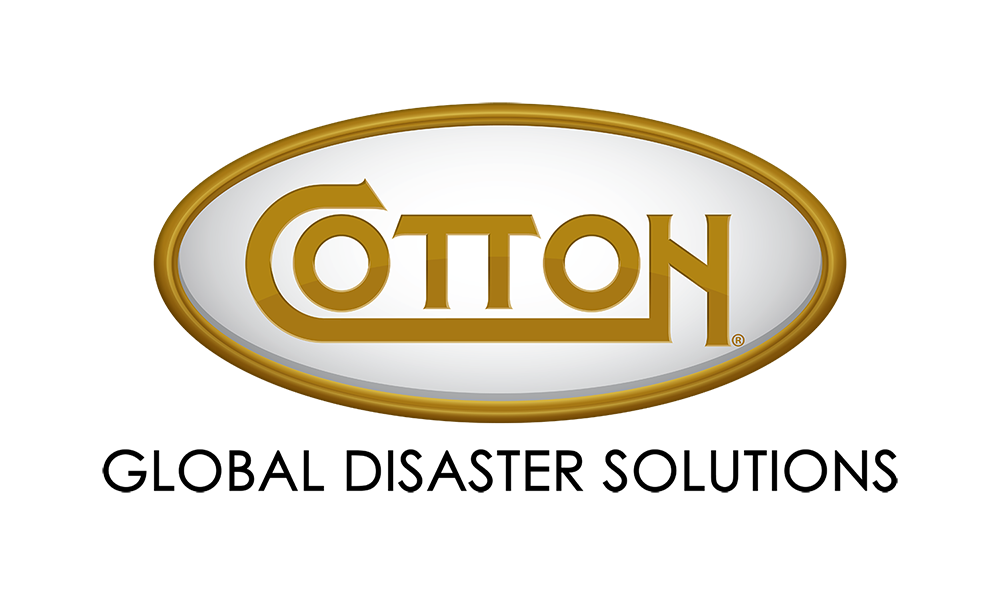An excerpt from Cotton’s EVP of Risk Management Lance Ewing’s column from Best’s Review
Alan King, the comedian and actor, once quipped, “the other day my house caught on fire. My lawyer said, 'Shouldn't be a problem. What kind of coverage do you have?' I said fire and theft. The lawyer frowned. 'Uh oh, wrong kind of insurance. Should be fire OR theft.'” Or so the story goes.
Insurance policies are truly claims policies. Insurers pay their premium with the anticipation that the claim will be paid when the loss occurs to their business or property. Yet many times, that is not the case.
When there is a claim dispute, many corporate risk managers and homeowners jump from receiving the denial of the claim to “Let's sue the insurance carrier.” A better philosophy for a denied property claim would be: Negotiate, mediate, arbitrate and only then litigate. Litigation against an insurance carrier should be the arrow of last resort in the quiver. Litigation puts the outcome of the dispute in the hands of a third party and removes the decision-making from the two parties that know the issues better than strangers (jury) or a judge. And numerous times, the judge will send the case to mediation or arbitration anyway.
So what alternatives are available to the policyholder when the denial arrives? First, check the policy as the process for disputes is normally outlined in the policy documentation. Second, reach out to the agent or broker to get their viewpoint and to connect with the carrier on your behalf. Begin the negotiation process as early as possible by reaching out to the carrier to explain why the claim should be covered. Keep the merits of the claim simple, discuss other lines of coverage currently with the carrier, and be willing to compromise and emphasize the long-term client carrier relationship. Negotiating tips with the adjuster or carrier can include: agreeing on what is covered under the policy and obtain payment for those areas; set up weekly calls and document the dates, times and summation of the calls; review the latest appraisal of the property; remain professional and polite. Negotiation should be exhausted before mediation.
Mediation is an excellent alternative to filing a lawsuit. It tends to have a high success rate because it limits the dispute issues and allows a neutral third party to provide insight into both parties' disagreements. The mediation is confidential and non-binding, which allows flexibility and the opportunity for both parties to see the other sides' reasoning and merits of the loss face-to-face.
In arbitration, the stakes get higher but it is another alternative to litigation as it is often less costly than going to court and has the advantage of a compressed timetable for the completion of discovery. A potential downside to arbitration is that the decision of the arbitrator(s) is normally final and binding with almost no right of appeal. Yet, the upside of confidentiality, lower costs, faster resolution, mutual ground rules and less hostility tend to outweigh litigation. There are many public and private entities specializing in mediation, including the American Arbitration Association.
Most insurance companies don't like lawsuits. They can be expensive with insurance companies having to compensate private defense counsel to represent them. The fact is that more than 95% of litigation matters settle before going to trial. Think negotiating, mediating or arbitrating before litigating.

